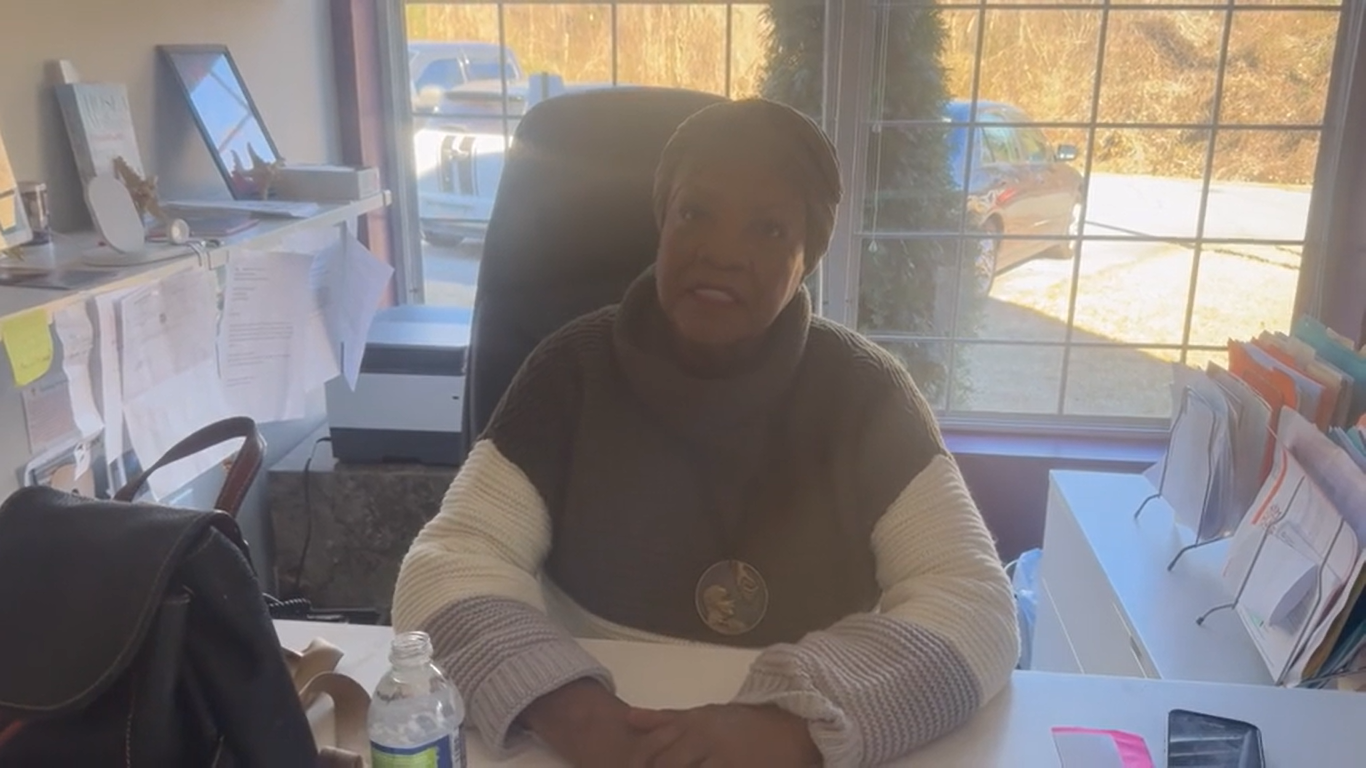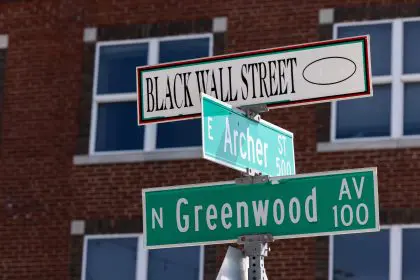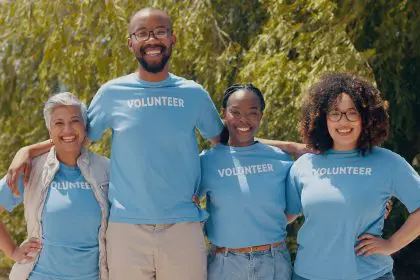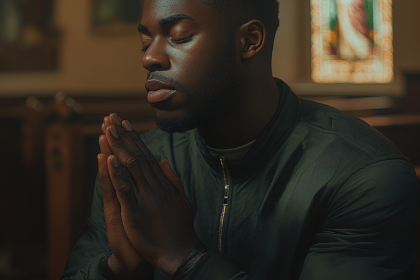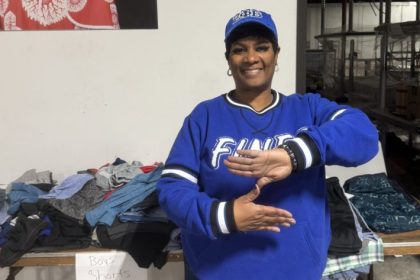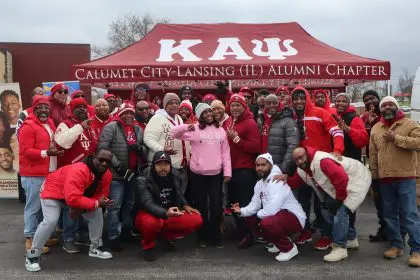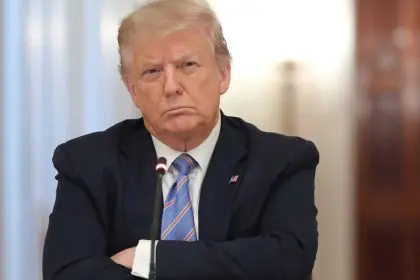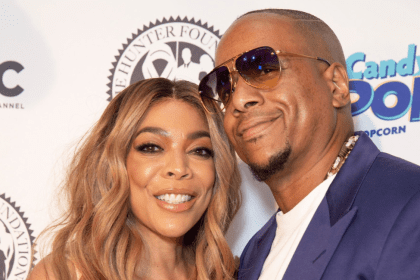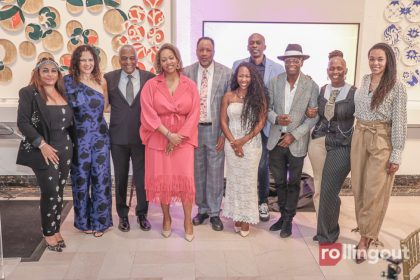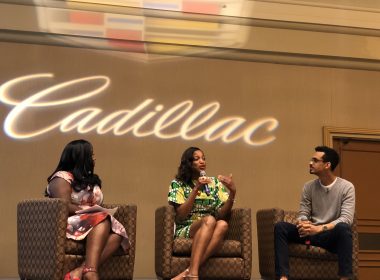Elisabeth Omilami is the chief operating officer of Hosea Helps. For over 25 years, she has dedicated her time and work to making sure the legacy that Hosea Williams created lives on. That is why every year Hosea Helps organizes a giveback event on Martin Luther King Jr. Day. Rolling Out was in attendance for this year’s event and sat down with Omilami to discuss the history of Williams and how young people can still make a change.
Why does Hosea Helps give back annually on Martin Luther King Jr. Day?
Because that’s what Dr. King told us to do. During the civil rights movement, if you were given an assignment, you didn’t leave your post until your assignment was done. I have a gentleman named state legislator Tyrone Brooks here. He’s been holding down the Morris Ford bridge story since 1968. So we were given this assignment by a founder, Hosea Williams, in 1971. And I’m celebrating my 25th anniversary as leader of Hosea Helps, where we provide for the basic needs of humanity in general.
Who are you supporting with this MLK event and what will be given away?
Every and anyone in need. It used to be for the working poor but now the middle class are in the food line. So, they get groceries, they get turkey, chicken, they get new clothes. We are giving away necessities, underwear, socks. We have someone that donated 100 book bags. We have to stop assuming that someone else is going to do what we should be doing. It’s our assignment to join the movement here at Hosea Helps.
What are some things that Hosea Helps provides?
Well, we are the largest Black-owned food bank in the state. Here at Hosea Helps we feed 52,000 people a year and we prevent homelessness by providing rent assistance and utility assistance. We also have back-to-school jamboree. Every year we have paying for people who are homeless to stay in hotels so they won’t be on the street in the cold. We have children at different schools. We set up food pantries at those schools. But we can’t continue to do what we’re doing without the help of young people.
What do you have to say to the people that think they can’t make a difference or are too young to?
Most of the people that went to jail during the civil rights movement were 19, 20 and 21. These were not elders. I mean, we’re elders now, kind of, but they were young people sitting in, being hosed with fire hoses, dogs sick on them, all kind of violence perpetrated against them. And not just in the South, but in the North just as much in places like Boston, for example, over school segregation. So it’s your time, young people, to take the mantle, get the training from us, your elders, and do this work and pass it on to your children.
Can you give us a good Hosea Williams story? Maybe something people do not know about him?
A good story is his story. And you see this medallion that I’m wearing, which is the Martin Luther King medallion. It was created by Hosea Williams after Dr. King was murdered in 1968. And he took this medallion around to 17 different countries and presented it as a peace offering. He came from very humble beginnings. And when he went to the army, they were bombed. They thought he was dead. So, he was in a pit along with about 20 other bodies. And when they came by the next week to get the bodies and give them proper burial, he was still alive. He was in the hospital for six months, and he got a Purple Heart. Now when he came home, he had to take his medicine, and he drank out of a whites-only water fountain, and they beat him worse than he was beat in the war.

